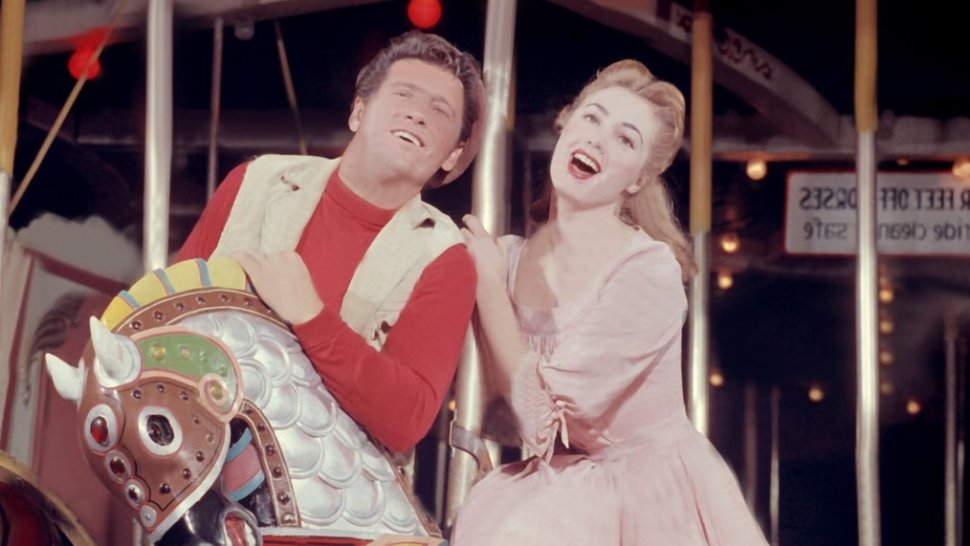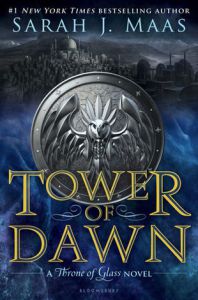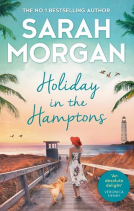Annie Dillard wrote, “How we spend our days is, of course, how we spend our lives.” On the first of each month, Catching Days hosts a guest writer in the series, “How We Spend Our Days.” Today, please welcome writer KAREN BROWN.
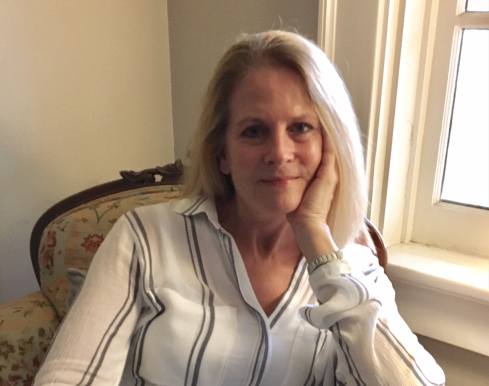
Last week during my fiction writing class, the topic got around to choices a character makes and one of my students said, “Well, we should all do what makes us happy. We are only given this one chance.” This was a terribly loaded statement, but out of that I decided to buy new towels—heavy, luxurious, Turkish cotton—to replace the threadbare ones we’d used for years. Towels, it seems, are the least likely things to be replaced in my family.
Today I am the first up, always awakening to the pale light around the window blinds. My mornings are usually productive, but today everything is different. It is spring break. I have started a new book. And, yesterday, I threw out my back picking up a laundry basket filled with the new towels. I couldn’t blame them, though, for my back. I’ve strained it a handful of times before—once, lifting a toddler into my arms. It was a particular movement, at that particular time. There is never any one explanation.
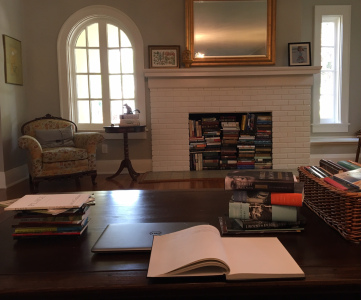 So I am restricted by pain I pretend does not exist. Still I intend to do everything I normally do—which includes letting the cat out, turning off the outside lights, emptying the dishwasher, making coffee. It does not include the run I would have taken on this glorious morning filled with sun and bird call and a rare, Florida breeze. My three children, each six years apart, are now old enough to assume their own responsibilities. But, for twenty years I stood at the counter in the half-light and made a child’s lunch, drove someone to school or picked them up, washed and ironed their clothes, made beds, cleaned tubs and sinks, grocery shopped and cooked. And I wrote.
So I am restricted by pain I pretend does not exist. Still I intend to do everything I normally do—which includes letting the cat out, turning off the outside lights, emptying the dishwasher, making coffee. It does not include the run I would have taken on this glorious morning filled with sun and bird call and a rare, Florida breeze. My three children, each six years apart, are now old enough to assume their own responsibilities. But, for twenty years I stood at the counter in the half-light and made a child’s lunch, drove someone to school or picked them up, washed and ironed their clothes, made beds, cleaned tubs and sinks, grocery shopped and cooked. And I wrote.
Twenty years ago, my husband and I purchased a slightly dilapidated two-story 1920s Mediterranean, and during that time we’ve lived with cracked plaster, peeling paint, rangy azaleas, fallen light fixtures, and a central air conditioning unit on the upper roof level that would kick off for unknown reasons. My husband would climb a ladder in the middle of the night to bang on the thing—a magical remedy that made it rumble to life. We raised children and painted and landscaped and cleaned out the garage for yard sales.
How a writing life blends with this busy, task-driven life is a learned behavior, and I learned how to do these things all at once, and they became part of the machine of writing for me. As I shopped and cleaned and smoothed and tucked in sheets, I allowed myself space to think about my work, so that when I sat down I knew the next scene. I never resented the work of the household because it had become an integral part of the writing.
 So, how to handle stasis has become, for me, a struggle. There are no children requiring clean laundry. If their bathroom is dirty, I don’t notice because it is now a room I have no need to enter. Why clean, I think, just for the two of us. I can get by without cooking an elaborate meal. Our renovations of the house, too, are stalled. Now, we wonder if we should simply sell it. Isn’t it too big? Isn’t there too much upkeep?
So, how to handle stasis has become, for me, a struggle. There are no children requiring clean laundry. If their bathroom is dirty, I don’t notice because it is now a room I have no need to enter. Why clean, I think, just for the two of us. I can get by without cooking an elaborate meal. Our renovations of the house, too, are stalled. Now, we wonder if we should simply sell it. Isn’t it too big? Isn’t there too much upkeep?
Confined by pain, I am made even more aware of how integral my old routines have been to my writing. I know that I cannot reclaim them, that I must move toward something new. And being on the edge of that discovery, hesitant to take any step forward, is more debilitating than the pain.
I always write in the morning, and starting the new novel is both difficult and exhilarating. There is so little to go on—a house in a suburb on a spring night, one upstairs window lit. The morning is interrupted by my son, heading off to classes, and my husband, who works from home, talking on the phone. I have no desk, but the house is big enough that we have space to stay out of each other’s way. I have coffee, and a place on the couch, where through the arched windows I can view the four corners of an intersection–the light switching from green to yellow to red, the joggers, women with strollers, the backpack-bearing homeless. Some days, this is a front row seat to a major accident, the hurry of the world disrupted by screeching tires, the blunt crunch of metal.
Though it is spring break, I will head to Connecticut mid-week, so I want to get a jump on reading students’ stories. These I put off until afternoon. By then, I have written a handful of pages. In the small courtyard, the wind chimes jangle and I ease myself up and move outside so I can experience the rare spring breeze before the humidity descends and it is all at once summer. The cardinals call in the oak canopy. I decide I will pick up annuals for the flower pots, hire a contractor to paint this old house that I love. Maybe, I will make the smallest upstairs bedroom into an office. I have written a few pages I am happy with—the pages, like the striking of the old air conditioner, sparking everything back to life.
~

AND THOSE SAME 3 QUESTIONS…
1. What is the best book you’ve read in the last few months and how did you choose it?
-
Emily Ruskovich’s debut Idaho. The stunning reviews were enticing, of course, but I’m drawn to harrowing stories told in beautiful prose, and I was curious about the structure of the book—the small sections told through various perspectives, like pieces of something shattered.
2. Would you give us one little piece of writing advice?
- My bit of writing advice is to read—widely and with inquisitiveness. Reports, history, song lyrics, pamphlets, plays, cemetery records, manuals, cookbooks—anything can be useful and fuel for the work.
3. What is your strangest reading or writing habit?
- My mother, exhausted by five young children a year apart in age, always had us in bed by 5:30 PM. For the youngest this was no problem, but I was the oldest, and at five, I found it impossible to fall asleep, especially in the summer months when it was still light outside. To occupy myself I made up stories—serials with recurring characters. I still do—either before sleep or if I find myself awake in the middle of the night—returning to my work-in-progress and playing out scenes.
~
By Karen Brown:



 O
—Other Writers in the Series—
Share this post:
O
—Other Writers in the Series—
Share this post:
